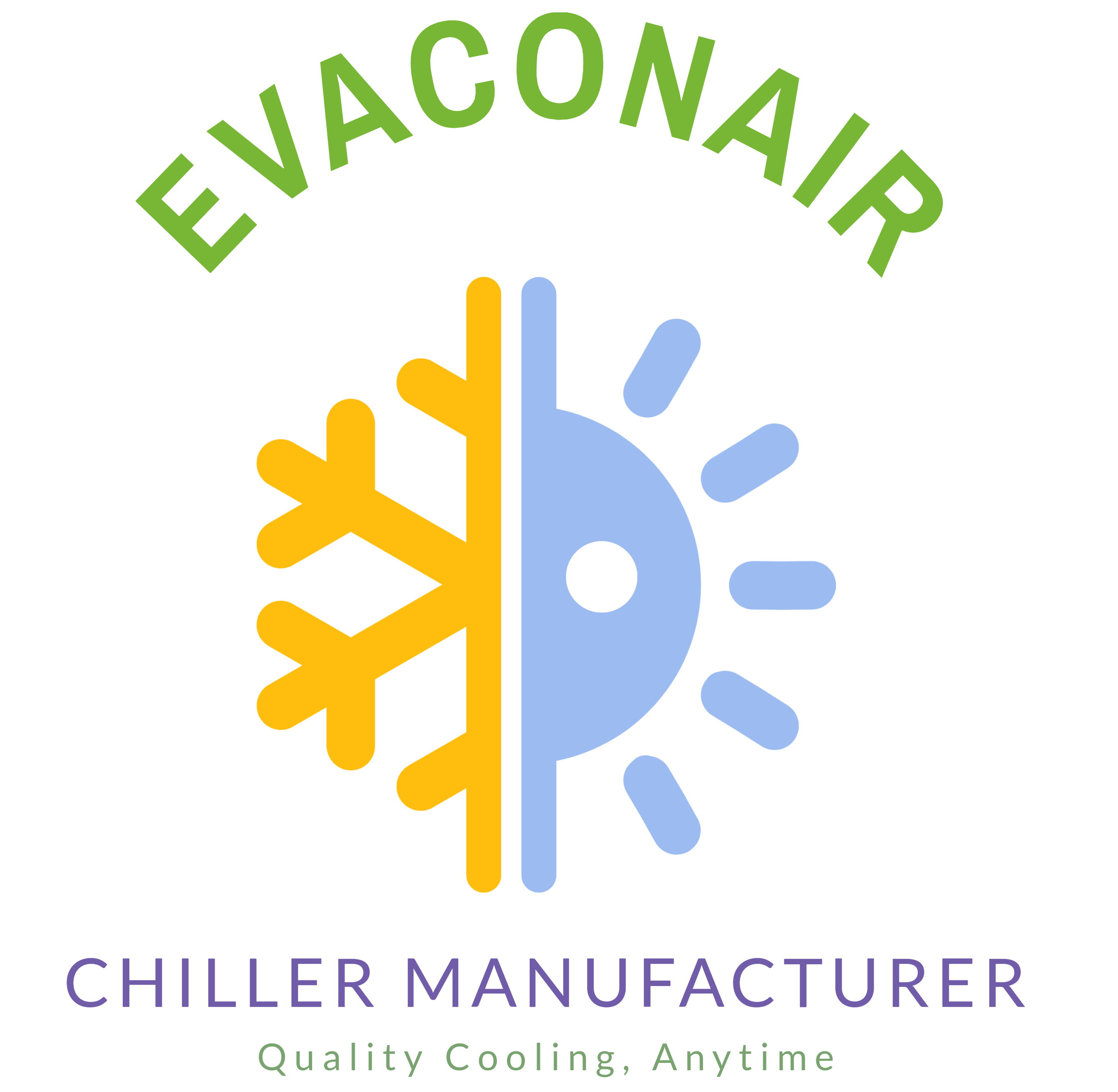Blog
What Is an Auxiliary Item?
Auxiliary items are supplementary tools or equipment designed to support and enhance the functionality of primary machinery or processes. They play a crucial role in improving operational efficiency, product quality, and overall system performance. Here are some key examples and their uses:
1. Support for Main Machinery
Auxiliary items assist in the optimal operation of main equipment, helping to improve performance and reduce downtime. Examples include:
- Hot Air Dryers: These are essential for removing moisture from materials, ensuring they are dry and ready for further processing.
- Vacuum Hopper Loaders: They automate the transfer of materials into machinery, reducing manual handling and improving efficiency.
2. Enhancing Process Efficiency
Auxiliary items contribute to smoother and more efficient processes by handling specific tasks that support the main equipment. Examples include:
- Gravimetric Blenders: These tools blend materials based on precise measurements, ensuring consistency in product quality.
- Vertical Batch Colour Mixers: They ensure uniform mixing of color additives into plastic products, maintaining color consistency.
3. Temperature Regulation
Maintaining the correct temperature is crucial for the effective operation of machinery and the quality of the end product. Auxiliary items that help in temperature control include:
- Water Cooled Screw Chillers: These chillers provide efficient cooling to machinery, preventing overheating and maintaining optimal performance.
- Mold Temperature Controllers: They regulate the temperature of molds during plastic molding, ensuring precise temperature control for high-quality products.
4. Material Size Reduction
Some auxiliary items are designed to reduce the size of materials for further processing. Examples include:
- Flake Cutters: These machines cut plastic into smaller flakes, which can be used in recycling or further processing.
5. Environmental Control
Auxiliary items also help in managing environmental factors such as humidity, which can affect product quality and machinery performance. Examples include:
- Dehumidifiers: They control humidity levels in the production environment, preventing issues like mold and maintaining optimal conditions.
6. Accurate Material Dosing
Precise measurement and delivery of materials are critical for consistent product quality. Auxiliary items that assist with this include:
- Volumetric Feeders: These devices provide accurate dosing of materials, ensuring uniformity in the final product.
For a comprehensive overview of our auxiliary items, visit our products page.
